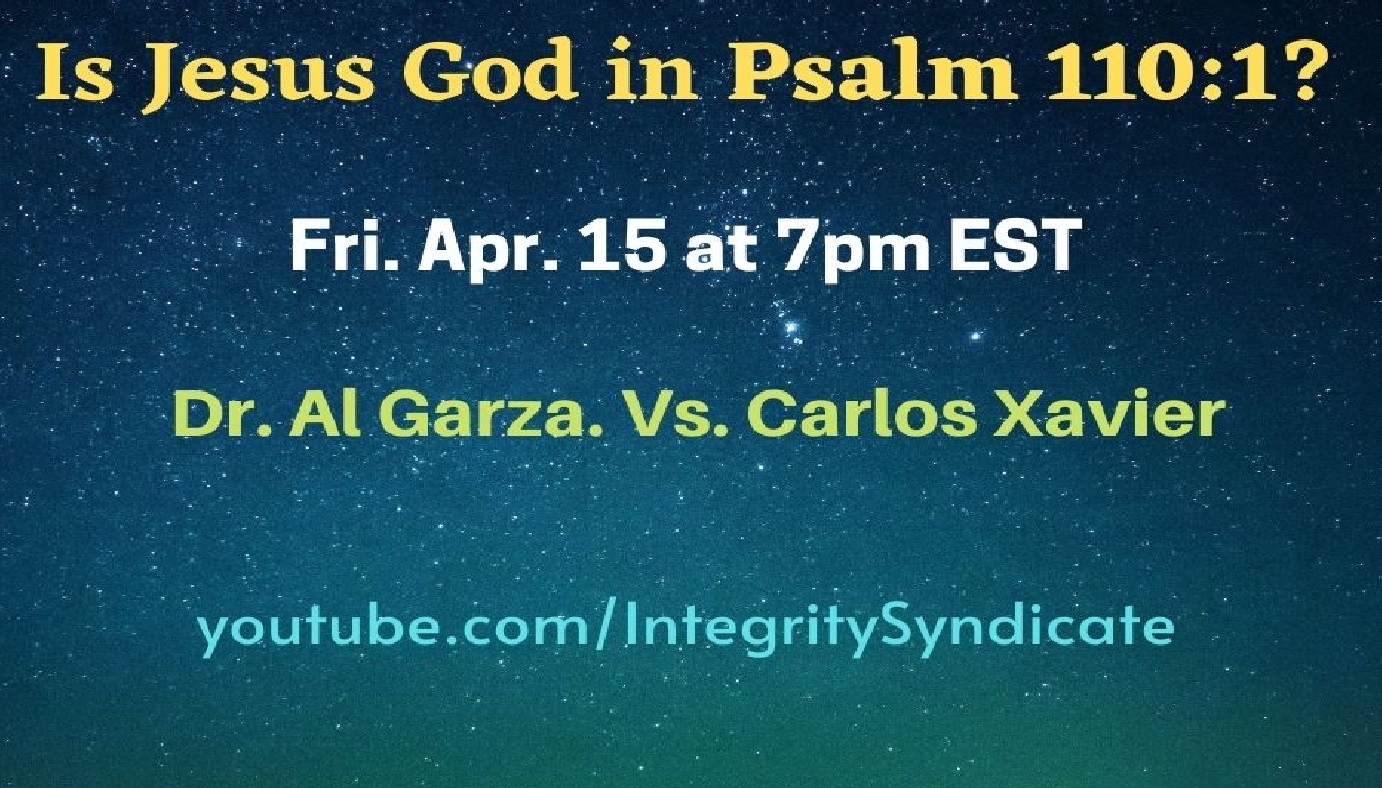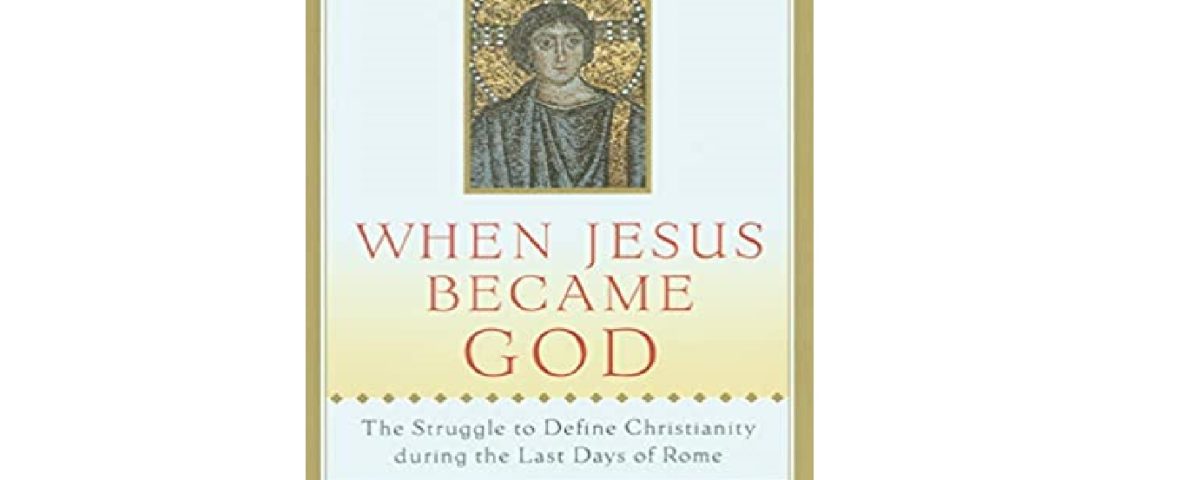
Passing over the true Passover
April 5, 2022
Is Jesus God in Ps 110:1? Debate open
May 15, 2022“A New Theological Vocabulary”

Exert from When Jesus Became God, pp 205-06.
Together the three Cappadocians developed the ideas that would make it possible for conservative Arians and Nicene Christians eventually to fuse. Oddly, what triggered this burst of creative thinking was the appearance of a new issue that threatened to make divisions within the Christian community even more contentious and complex: the nature of the Holy Spirit.
As Basil pointed out, the growing debate about the Holy Spirit (which most Christians conceived of as some sort of person or “Him”) recapitulated the controversy about the nature of the Son. The radical Arians were certain that, just as the Son was inferior to the Father, the Spirit was inferior to the Son. Even leading Nicenes, Basil admitted, were uncertain or divided.
Of the wise men among ourselves, some have conceived of him [the Holy Spirit] as an activity, some as a creature, some as God; and some have been uncertain which to call him. . . .And therefore they neither worship him nor treat him with dishonor, but take up a neutral position.
What was needed to clear up this confusion was something that the Nicene Creed alone could not supply: a doctrine explaining how God could be One and yet consist of two or three separate entities. And the development of this doctrine, Basil recognized, could not take place without new language. It was necessary to create a new theological vocabulary capable of going beyond the bare statement that the Father and Son were of the same essence (homoousios). That term expressed the Oneness of God, but how to express His multiplicity as well?
The answer was to clarify or redefine key words. Even great theologians like Athanasius used “essence” (ousia) and “being” (Hypostasis) interchangeably, sometimes exchanging these words with other terms like “person” (prosopon). The Nicene Creed itself anathematized not only those who denied that the Father and Son were one in “essence” but those who denied that they were one in “being.”
